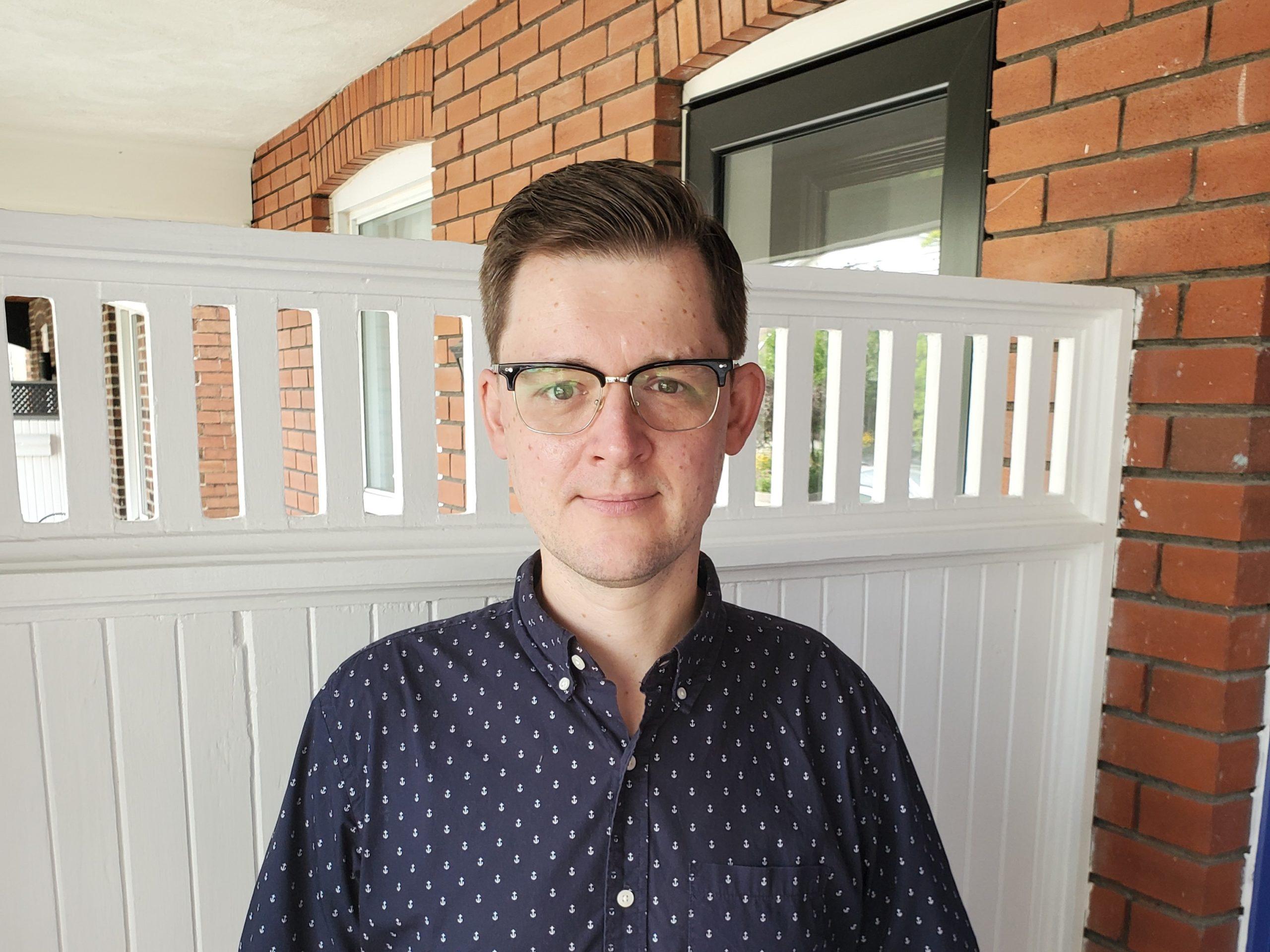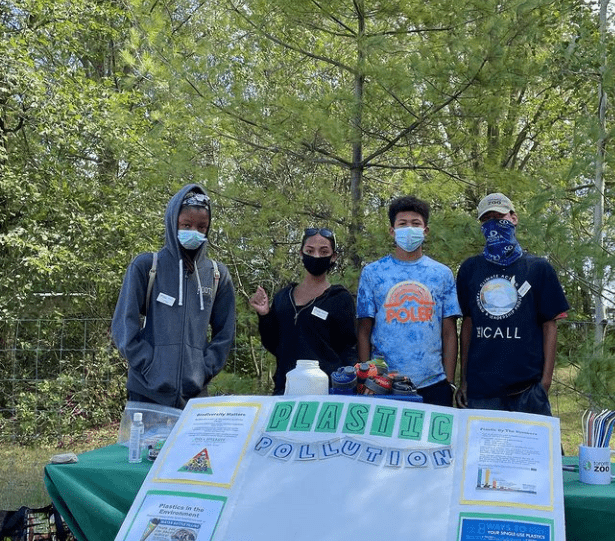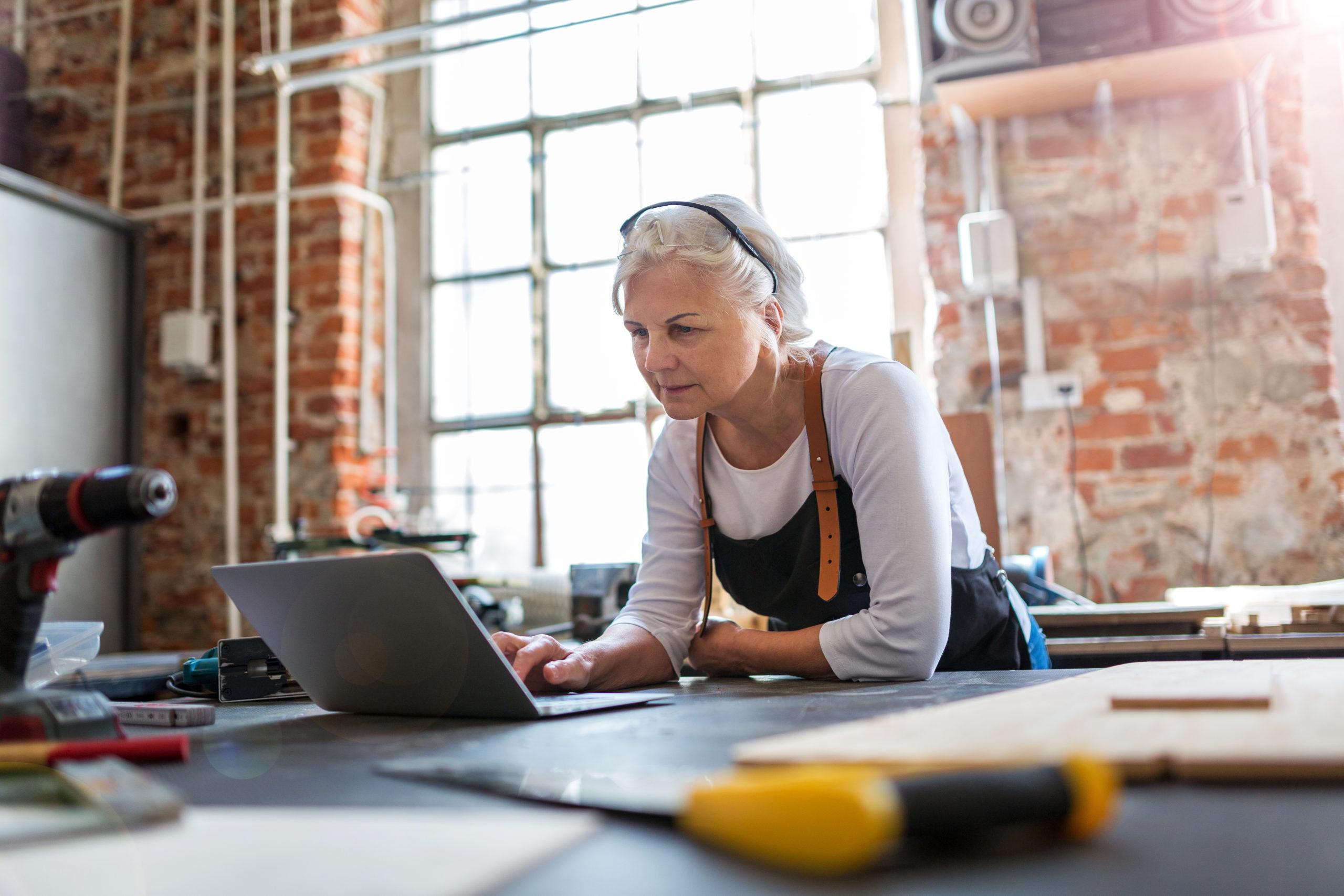How those who are fortunate can help make a difference during the pandemic
Guest blog by Patrick Gladney, Board Member, WoodGreen Community Services Foundation
Since the onset of the pandemic, pundits have tried to predict the “shape” of the economic recovery. Now, with light visible at the end of the tunnel, the consensus is that we are experiencing a “K” shape recovery, which means that those who were already better off are going to do even better, moving up the upward-sloping part of the K. Meanwhile, the disadvantaged are going to have a tougher time, sliding down the slope of the K.
The pandemic is reading like a story of the “haves” and the “have nots.” According to a report from the Canadians for Tax Fairness, the wealth of Canada’s top billionaires grew by $53 billion between April and October of 2020, an increase of 28%. This statistic is corroborated by a study done by the Canadian Centre for Policy Alternatives, which said that “the country’s top 20 billionaires have amassed an average of nearly $2 billion each in wealth during six of the most economically catastrophic months in Canadian history.”
Many of those people that could least afford to lose their job, did. Those that could not work from the safety of home or lived in apartment buildings or communal dwellings faced an increased risk of exposure to both the virus and unemployment. As of February 2020, Statistics Canada puts the unemployment rate at 8.2%, with nearly 600,000 fewer people working compared to before the pandemic – largely from retail, hospitality and food service industries.
Not surprisingly, the most vulnerable parts of society are the ones most at risk. People who were already struggling to survive face even greater health and financial risks. The most disadvantaged of the “have nots” — homeless individuals, people in abusive relationships, low-income seniors and racialized youth — are all disproportionately impacted by the virus.
While the chasm between these two groups continues to widen, fortunately, there is a recognition and a stronger sense of obligation amongst top income earners that they need to do more to help the communities most negatively impacted by the pandemic.
Recent survey data from WoodGreen Community Services shows how top business leaders and philanthropists understand the problem and want to help. Toronto’s top income earners, who represent a group that donates more than $2.7 billion a year to charity, said that in response to COVID-19, both the government and philanthropic donors (individuals and corporations) should be doing MORE to fund and protect the most vulnerable among us, including low-income families, seniors, racialized youth and people with mental afflictions.
Clearly, the “haves” see the need to help. But how can they be most effective in helping the “have nots”?
There are many ways leaders can help to increase the social impact, according to a recent study by McKinsey:
- They can accelerate the pace and volume of giving to charity. Donors now have the option to subscribe to a cause in the same way they pay for services like Netflix or Spotify.
- Partner with other donors to combine expertise and drive efficiency.
- Support public programs to support new government initiatives that are set up to solve some of the communities’ toughest challenges.
- Give directly local community and social services organizations like WoodGreen Community Services who are on the frontlines, administering desperately needed services directly to the individuals most likely to be near the bottom of the K-shaped recovery.
There is no question that the pandemic has had a profound impact on society. Unfortunately, those that could least afford to lose anything are the ones who have suffered most. Now is the time for people who have benefited the most to step up. There exists both the will and the way to help those most indeed. We just need to act on it.
Do you want to help make a difference? Learn more about WoodGreen’s Subscribe for Good program and find out how you can help support those in need in your community.


